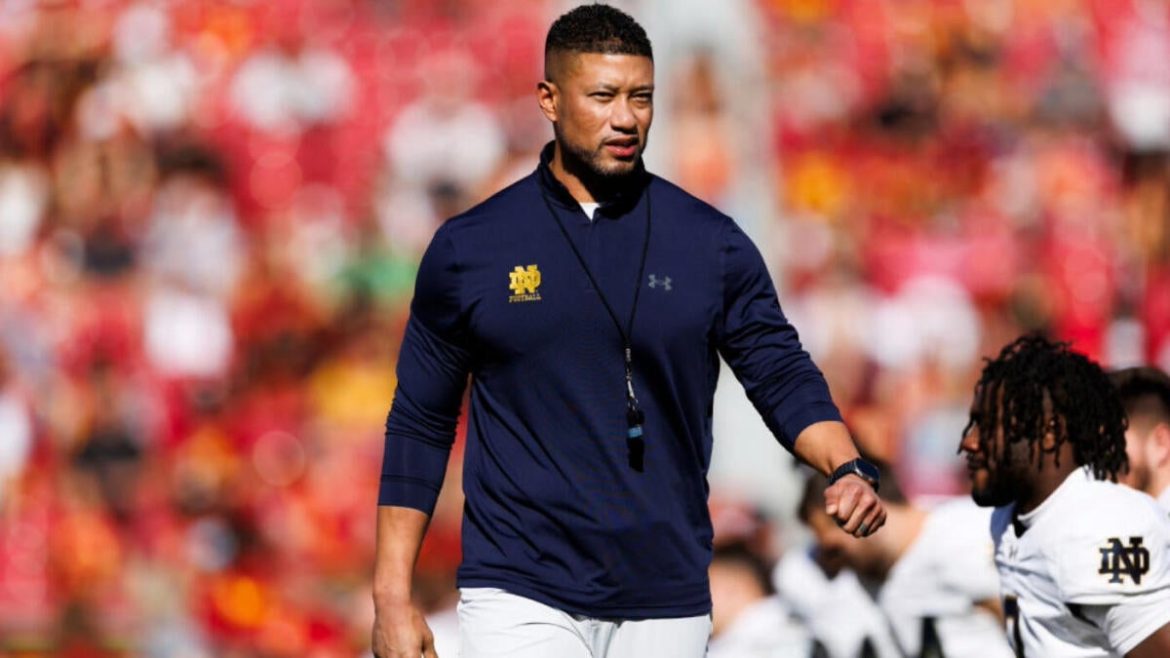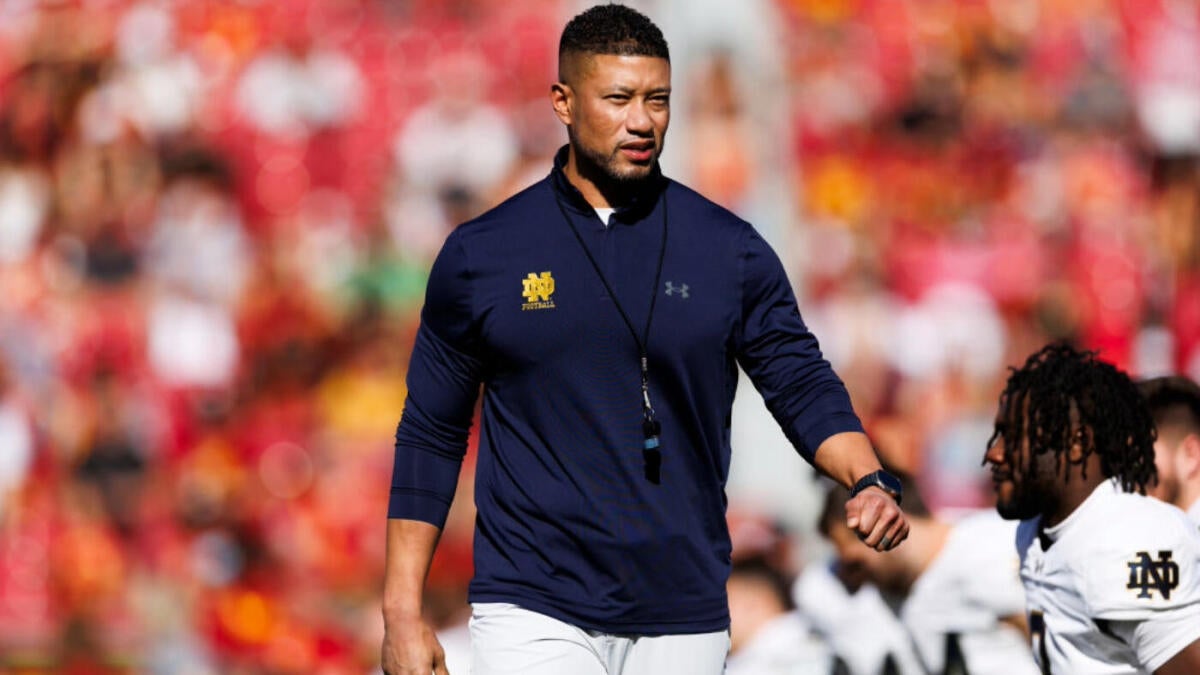The storied college football rivalry between Notre Dame and USC, which dates back nearly a century to 1926, is currently at a crossroads that threatens its continuation. Central to this unfolding drama is Notre Dame’s head coach Marcus Freeman, whose outspoken commitment to preserving this annual clash contrasts sharply with uncertainties stemming from USC’s side and broader conference realignments.
The Rivalry’s Historical and Emotional Significance
This matchup is widely regarded as one of college football’s most iconic rivalries, steeped in history and tradition. Played 95 times over about 100 years, it represents more than just a game; it embodies decades of passionate competition, regional pride, and memorable football moments that have gripped fans across the nation. The rival schools, Notre Dame Fighting Irish and USC Trojans, have battled annually with few exceptions since inception until very recently.
For Notre Dame, the rivalry is a cherished fixture. Marcus Freeman has made clear his deep appreciation and desire to keep this tradition alive. His remarks reflect a no-nonsense, unequivocal stance: he wants to play USC every year, regardless of the timing in the season. To Freeman, the rivalry is “pretty black and white,” and he stresses its enduring value not only in competitive terms but as a defining piece of Notre Dame’s football identity.
Recent Developments and the Fragility of Continuation
Despite Freeman’s enthusiasm, the future of this rivalry is endangered. USC, now a member of the Big Ten Conference, faces logistical, scheduling, and strategic considerations that complicate annual matchups against a non-conference opponent like Notre Dame. The scheduling contract currently extends only through the 2026 season, and negotiations for a long-term deal are at an impasse.
USC has reportedly offered a one-year extension to play a game in Los Angeles in 2026, which Notre Dame declined. This move, as well as the broader uncertainty, has sparked debate and disappointment within the college football community. Critics argue that USC’s stance could be influenced by the evolving landscape of major conference commitments and playoff ambitions, potentially prioritizing internal conference games or other marquee matchups over this traditional rivalry.
Marcus Freeman’s Perspective and Strategic Considerations
Freeman’s insistence on maintaining the rivalry every year underscores his commitment not only to tradition but also to the competitive edge it offers Notre Dame. He has framed the USC game as a must-play clash that enhances the program’s profile and serves as a litmus test in the pursuit of playoff success.
Moreover, Freeman’s commentary reveals an understanding of the broader college football ecosystem. He acknowledges that other programs must “do what’s best” for their conferences and playoff chances, but he remains steadfast on the value of preserving this historic rivalry. This competitive seriousness coexists with a genuine affection for the matchup’s place in college football culture.
Challenges Beyond Scheduling: Financial and Cultural Implications
Adding complexity to the situation are financial and cultural factors. The rivalry has generated significant revenue, fan engagement, and media attention over the years. Losing an annual USC-Notre Dame game could diminish these benefits and disrupt fan traditions that stretch across generations.
Additionally, changes such as conference realignment and playoff expansion have introduced pressures that challenge traditional rivalries nationwide. USC’s transition into the Big Ten requires balancing a new slate of annual conference opponents, impacting flexibility to schedule a home-and-away series with an independent like Notre Dame.
The Broader Impact on College Football
The potential disintegration of this rivalry reflects broader tensions in college football between historic traditions and modern commercial realities. Fans, alumni, and commentators have voiced concern that commercial interests and conference politics might eclipse enduring rivalries that define the sport’s spirit.
With Notre Dame coach Marcus Freeman publicly championing the annual USC game, the spotlight grows on how athletic departments navigate these competing priorities. The college football community watches closely whether this fixture, which has survived nearly 100 years, will extend into future decades or become a treasured memory of the past.
Conclusion: A Rivalry at the Crossroads
The Notre Dame-USC rivalry stands at a defining moment. Marcus Freeman’s unwavering desire to keep this battle alive every year contrasts with the pragmatic, sometimes tactical considerations emerging from USC and the shifting structural landscape of college football. This clash represents a nexus where tradition meets transformation, where fan passion grapples with scheduling logistics, and where history confronts future ambitions.
Preserving this legendary rivalry requires more than goodwill; it demands creative solutions that balance conference commitments, financial considerations, and the emotional heritage that defines college football’s allure. As the 2026 season approaches as a potential terminus, the fate of the Notre Dame-USC game remains uncertain but deeply significant—not only for the two programs but for the sport’s enduring cultural tapestry.





